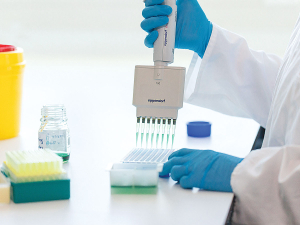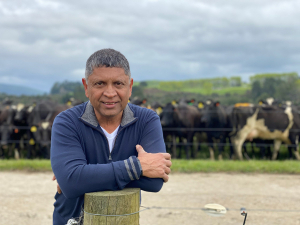The world authority on animal health has elevated the Ministry for Primary Industries’ (MPI’s) Animal Health Laboratory (AHL) to the top tier of expertise in 2 major honey bee diseases.
The designation by the World Organisation for Animal Health (WOAH) makes the AHL, based in Wallaceville, an “international reference laboratory” for American foulbrood and varroosis (infestation with varroa mites).
It marks the first time New Zealand has had an animal health reference laboratory recognised by WOAH.
“The designation of our laboratory as a World Organisation for Animal Health reference laboratory for American foulbrood and varroa is an excellent recognition of our status as a world class laboratory,” says Dr Richard Hall, principal scientist at MPI, who will lead the reference laboratory.
He says that being made an international reference laboratory proves that the AHL is at the international top tier.
“We’re going to be helping other labs around the world and beekeepers around the world, but it helps our beekeepers as well,” Hall says.
“Bee diseases can be a real challenge here in New Zealand, and our increased laboratory profile will help in efforts to combat them.”
Both varroa and American foulbrood are established in New Zealand honey bees.
The AHL will be responsible for developing new testing and improving understanding of the biology and epidemiology of these diseases.
It will continue to provide training and support for the New Zealand bee industry and advise WOAH member countries on the control and prevention of disease.
Hall says varroa is a main cause of colony loss in New Zealand.
“Having an international reference lab for varroa here helps to focus ongoing efforts in New Zealand to combat the upward trend of colony losses to varroa,” he says.
Other labs around the world will now come to New Zealand for advice.
"We’ve already had links with supporting Pacific countries and Australia with bee health."



















